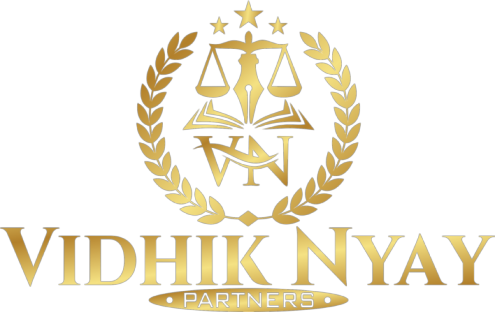.jpg)
A Guide to Alternative Dispute Resolution (ADR)
Introduction: Not all disputes need to end up in court. Alternative Dispute Resolution (ADR) methods offer collaborative, less adversarial approaches to conflict resolution. In this blog, we delve into ADR and how it can benefit you with the assistance of Pawan Prakash Pathak - Law Chamber.
Understanding ADR: ADR includes methods such as mediation, negotiation and arbitration, aimed at resolving disputes outside of the traditional courtroom setting. It offers parties more control over the resolution process and can save time and costs.
Mediation: Mediation involves a neutral third party facilitating discussions between disputing parties. It focuses on open communication and encourages parties to reach mutually acceptable agreements. Mediation is particularly useful in interpersonal and contractual disputes.
Negotiation: Negotiation is a flexible ADR method where parties, often with legal representation, engage in discussions to find common ground and reach a settlement. Negotiation allows for creative solutions and can be less formal than other ADR methods.
Arbitration: Arbitration provides a structured process where a neutral arbitrator makes a binding decision after hearing evidence and arguments from both sides. It is a confidential alternative to litigation, often used in commercial disputes.
Benefits of ADR: ADR methods offer several advantages, including quicker resolutions, cost savings, confidentiality and the opportunity for creative problem-solving. They can also preserve relationships and reduce the adversarial nature of disputes.
Conclusion: Alternative Dispute Resolution methods offer efficient and effective alternatives to traditional litigation. Pawan Prakash Pathak - Law Chamber is experienced in ADR and can help you choose the most suitable method for your dispute, ensuring a resolution that aligns with your interests.

